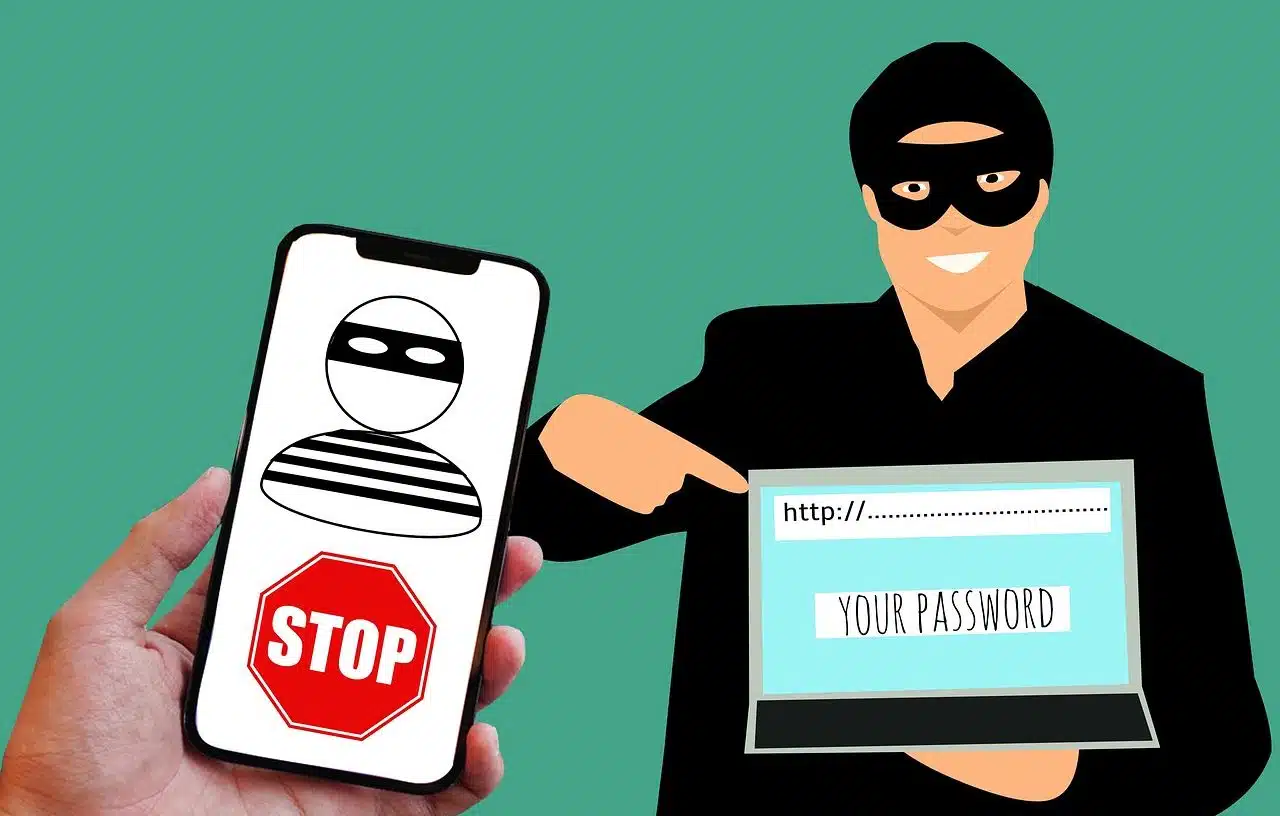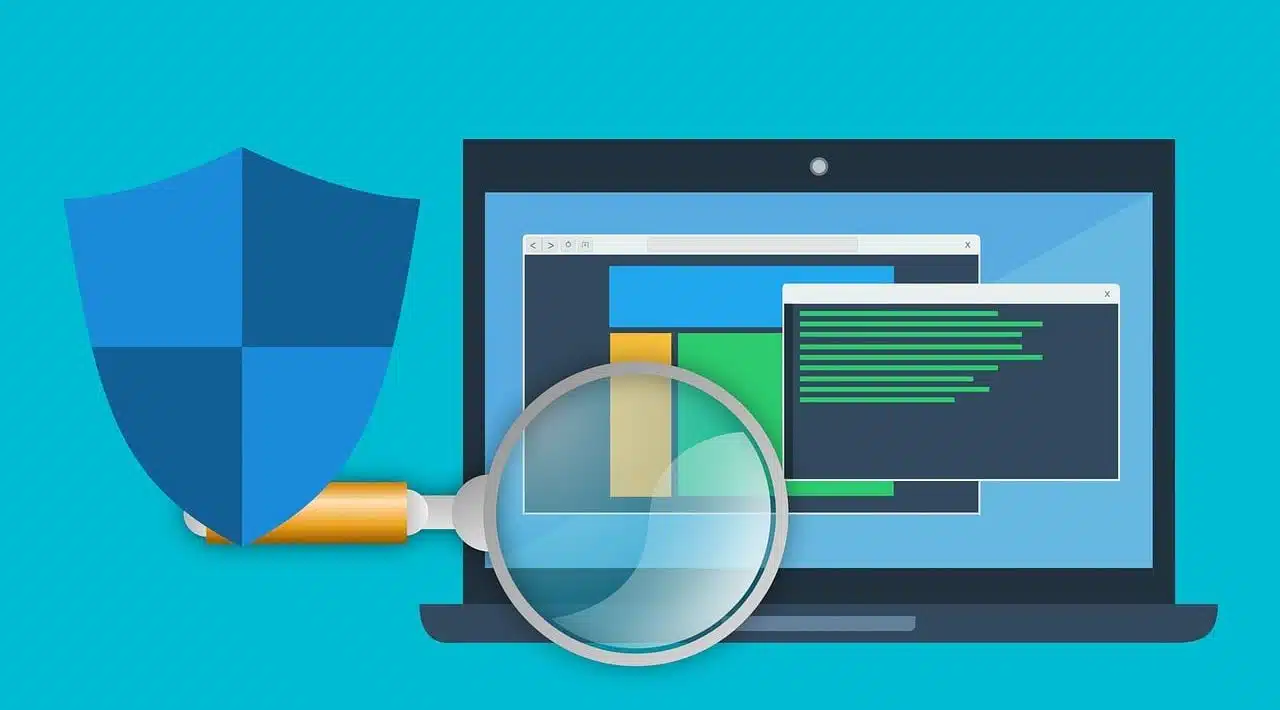
Antiviruses help take care of cybersecurity.
Antivirus is a concept that is used in the field of computing with reference to software that is capable of searching for and eliminating viruses in a computer system. It should be noted that these viruses are programs that are hosted in the memory of a computer with the aim of damaging data or altering the normal functioning of the equipment.
Before moving forward, it is important to indicate that the term in question is a neologism that has been formed from the sum of two parts: the Greek prefix anti- , which can be translated as "against" ; and the Latin noun virus , which means precisely "virus" .
Antivirus functions
It can be said that both an antivirus and a virus are computer programs. While viruses are harmful, antiviruses aim to counteract their effect. In this way, they are in charge of searching for viruses to block their actions . They can also disinfect files that have already been corrupted by the virus.
Antiviruses, on the other hand, have a preventive function . When a person has an antivirus installed on their computer, the software can constantly monitor and warn if a virus tries to access the system through a file. Thus the user manages to prevent infection.
There are multiple types of antivirus that differ in the scope of their features. There are viruses that perform certain specific actions (such as Trojans or spyware ), a feature that gave rise to specialized antiviruses. On the other hand, like the rest of the software, antiviruses can have different licenses (paid, freeware, etc.).

Real-time protection is an essential feature of today's antiviruses.
Main features
In addition to everything indicated, we can establish that, although there are many antiviruses on the market, you must opt for one that meets a series of basic requirements. These are conditions that certify that it will work correctly:
- It is capable of stopping viruses.
- Undertakes the elimination of infections.
- It has customer service and technical support.
- It has the ability to update itself in order to detect new viruses.
- You can create backup copies.
- It is also capable of detecting another series of dangerous elements for the computer, such as spyware, spam, phishing...
All these characteristics are essential when choosing an antivirus, for which it is also necessary to take into account another series of considerations:
- It must be easy to use and must also have a simple configuration system.
- It must have a truly competitive price appropriate to the market.
- It is important to use the Internet to know not only user opinions about it but also the specific and professional opinions of experts in the field.
- No less relevant is that you have to make sure that it is endorsed by a renowned brand, such as McAfee , Kaspersky, Avast , AVG , Avira or Symantec .
In short, specialists suggest always having an antivirus from a recognized manufacturer. The program must be updated frequently so that its virus database does not become obsolete. In addition, it is advisable to scan your computer periodically to look for possible infections that have not yet been detected.

It is common for antiviruses to have a system repair tool.
Tips for the antivirus user
Updating antivirus is a task that the user should never overlook. If you do not configure the program to do this automatically, you must remember to do it periodically, paying attention to the software's warnings and alerts: otherwise, the secure storage of data on the computer will be at risk.
Threat analysis, on the other hand, must be carried out in real time. You need to have the antivirus active and running whenever you browse the Internet , so that it is possible to detect viruses and cybercrime attempts. Virus scanning , likewise, has to be a frequent activity.
Beyond antivirus, however, other prevention measures should be considered, such as using a strong password to access online services and observing the digital certificate of the sites where personal data is entered.
At a general level, it can be said that the user has to be in charge of protecting their identity and the digital resources they have at their disposal. You must also provide some disaster recovery method in case damage occurs; In this sense, it is essential to make a backup copy of the information. A good option is to have a backup in the cloud .
The important thing is that each person understands, even at a basic level, what threats they face when using electronic equipment (a computer, a telephone) and when browsing the Web. It is not enough to install an efficient and effective antivirus if basic care guidelines are not respected, such as not opening attachments that arrive in an email from an unknown sender or sending personal passwords through this means.
